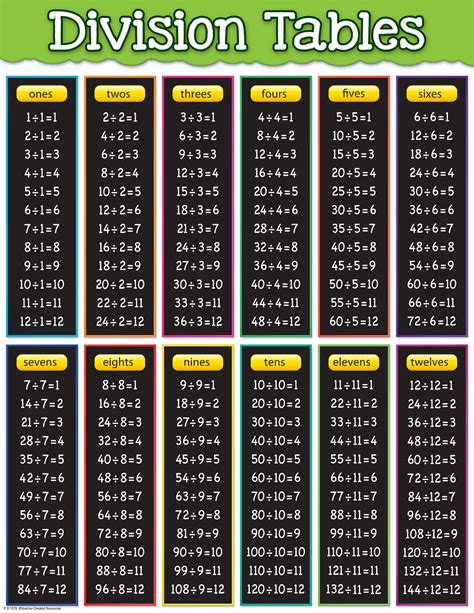The world of sports is a vibrant tapestry, woven from threads of passion, dedication, and perseverance. For athletes with intellectual disabilities, the Special Olympics organization stands as a beacon of empowerment, offering a platform where they can showcase their talents, challenge themselves, and connect with like-minded individuals from around the globe. This comprehensive guide is designed to delve into the heart of the Special Olympics, exploring its mission, the benefits it offers to athletes, and the ways in which it fosters a culture of inclusion and mutual respect.
Understanding the Special Olympics
At its core, the Special Olympics is more than just a sporting event; it’s a movement. Founded in 1968 by Eunice Kennedy Shriver, it has evolved into a global phenomenon, providing year-round sports training and competition in a variety of Olympic-type sports for children and adults with intellectual disabilities. This gives them the opportunity to develop physical fitness, demonstrate courage, experience joy, and make friends. The Special Olympics’ vision is to create a world where people with intellectual disabilities are fully integrated into society, respected for their abilities, and given the chance to reach their full potential.
Empowering Through Sports
Sports have a unique ability to transcend barriers, whether they be linguistic, cultural, or physical. For athletes with intellectual disabilities, participating in the Special Olympics can be a transformative experience. It not only enhances their physical health and well-being but also boosts their self-esteem, teaches them valuable life skills such as teamwork and communication, and provides them with a sense of belonging to a broader community.
The variety of sports offered by the Special Olympics caters to different interests and abilities, ensuring that every athlete can find their niche. From aquatics and athletics to basketball and football, each sport is adapted to meet the needs of the athletes, focusing on participation, improvement, and enjoyment rather than competition alone. This approach encourages athlete development in a supportive environment, where the emphasis is on personal achievement and progress rather than winning at all costs.
The Power of Inclusion
Inclusion is at the heart of the Special Olympics’ philosophy. The organization strives to create a world where people with intellectual disabilities are valued, respected, and empowered to contribute to their communities. This is achieved not only through sports but also through initiatives that promote education, health, and advocacy.
One of the most impactful aspects of the Special Olympics is its Unified Sports program, which brings together athletes with and without intellectual disabilities to train and compete as teammates. This model of inclusion helps to break down barriers, challenge stereotypes, and foster friendships that transcend differences. By playing together, athletes learn valuable lessons about teamwork, trust, and mutual respect, promoting a culture of inclusion that extends far beyond the playing field.
Becoming Involved
For those inspired by the mission of the Special Olympics, there are numerous ways to become involved. Volunteering is a powerful way to contribute, whether it’s coaching athletes, helping at events, or supporting local programs. Donations and fundraising efforts are also crucial, as they enable the Special Olympics to expand its reach and offer more opportunities to athletes around the world.
Coaches and volunteers play a pivotal role in the Special Olympics, providing guidance, support, and encouragement to athletes as they pursue their goals. Training programs are available for those interested in becoming coaches or volunteers, equipping them with the skills and knowledge needed to effectively support athletes with intellectual disabilities.
FAQs
What is the mission of the Special Olympics?
+The Special Olympics aims to provide year-round sports training and athletic competition in a variety of Olympic-type sports for children and adults with intellectual disabilities, giving them continuing opportunities to develop physical fitness, demonstrate courage, experience joy and participate in a sharing of gifts, skills and friendship with their families, other Special Olympics athletes and the community.
How can I volunteer with the Special Olympics?
+To volunteer with the Special Olympics, you can start by visiting their official website and looking for volunteer opportunities in your area. You can also contact your local Special Olympics program directly to inquire about upcoming events and how you can contribute. Training and support are provided to ensure that volunteers have a positive and impactful experience.
What are Unified Sports and how do they promote inclusion?
+Unified Sports are a key component of the Special Olympics, bringing together athletes with and without intellectual disabilities to train and compete as teammates. This approach promotes inclusion by fostering an environment of mutual respect, understanding, and camaraderie, helping to break down social barriers and challenge negative stereotypes about people with intellectual disabilities.
Conclusion
The Special Olympics stands as a testament to the power of sports to transform lives and communities. By empowering athletes with intellectual disabilities, promoting inclusion, and fostering a culture of respect and understanding, the Special Olympics movement contributes to a more compassionate and equitable world. Whether through participation, volunteering, or support, there are countless ways to be part of this journey, each contributing to the realization of a vision where every individual, regardless of ability, is valued and empowered to reach their full potential.



